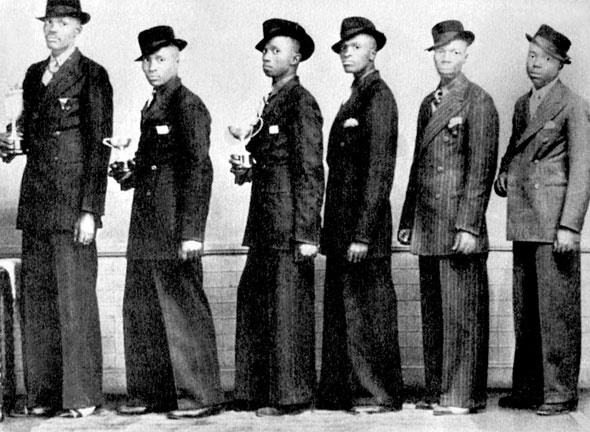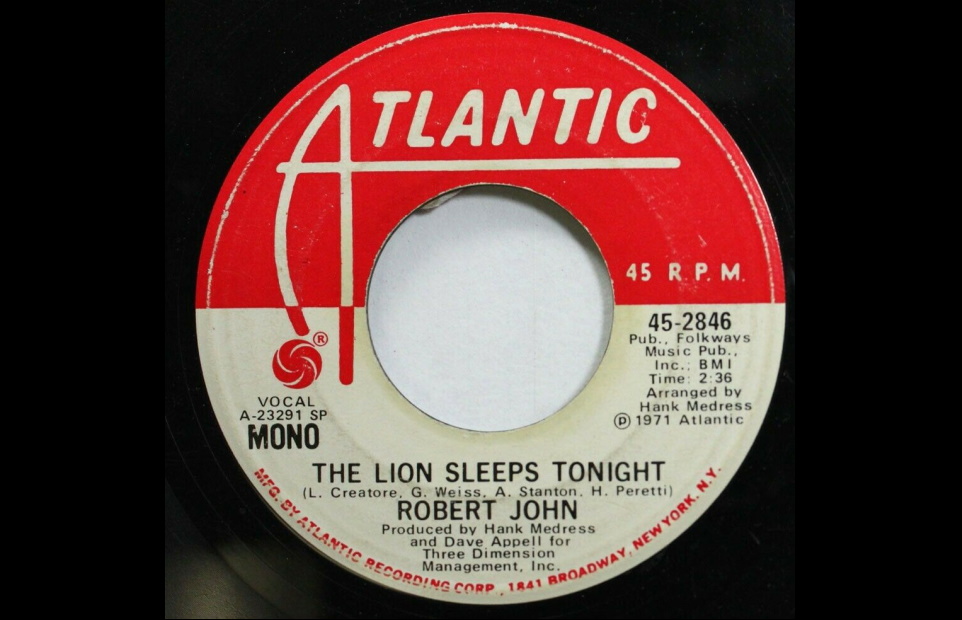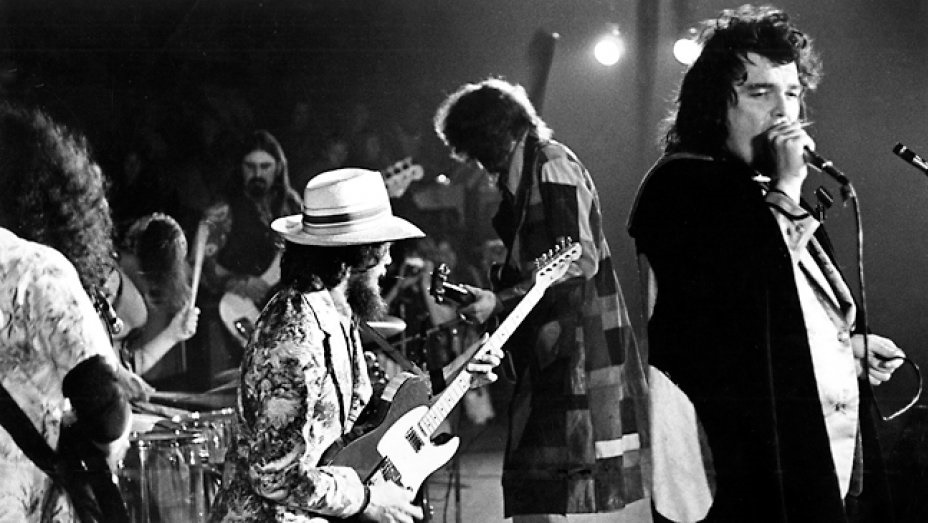“The #1 greatest record you probably haven’t already heard is Robert John‘s take on The Lion Sleeps Tonight. Which is immediately kind of a lie. All kinds of people heard it back in the day. It was the #21 biggest selling single of 1972 in the USA, #45 in Canada. Yet somehow or other the world seems to have mostly forgotten about it. It’s also not the greatest song you probably haven’t already heard. It just isn’t. But what is then? I don’t know. I’m just some guy sitting on a porch, making a list. What I do know is The Lion Sleeps Tonight isn’t just any song. Written in 1922 by a man named Solomon Linda, a South African of Zulu origin, finally released almost twenty years later under the title Mbube, a 78-rpm record that was mostly marketed to black audiences in South Africa.

But something clearly happened along the way, not all of it good. In fact the song’s back story includes one of the more notorious copyright crimes of all time. The upside of all that being the myriad cover versions that flooded forth– everybody from Miriam Makeba to Brian Eno to Chet Atkins to Roger Whittaker, Yma Sumac, The Weavers, Ladysmith Black Mambazo, Sandra Bernhard, the Stylistics, even REM (sort of). But Robert John’s take is the one for me, and not just for nailing the yodeling, but also the doo-wop stylings, and there’s a tuba involved, some pedal steel as well. And so it captures the peace and joy and freedom from worry (if only for one night) that it’s all about. Because the lion is asleep. Which if you think about it, doesn’t really makes sense. If the lion’s asleep, isn’t a raucous party going to wake it up? Not if it’s been drugged. So whatever. It’s a party! We’re alive and we’re singing, and tomorrow and all of its troubles – that’s just a rumour. Tonight the Lion Sleeps.






